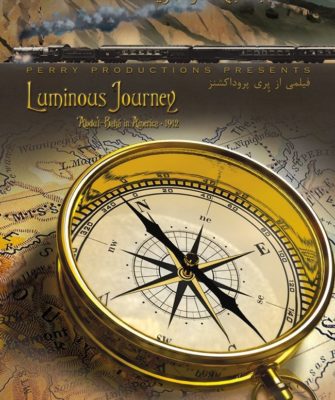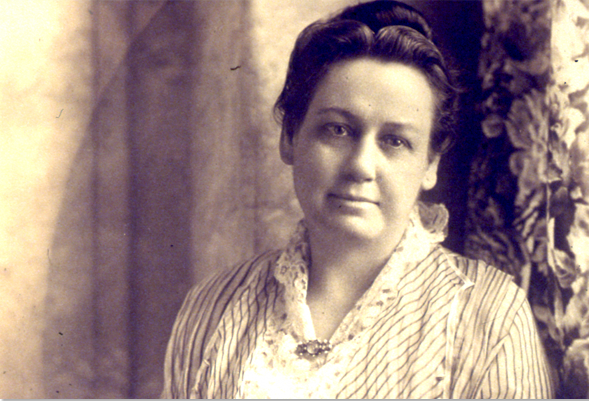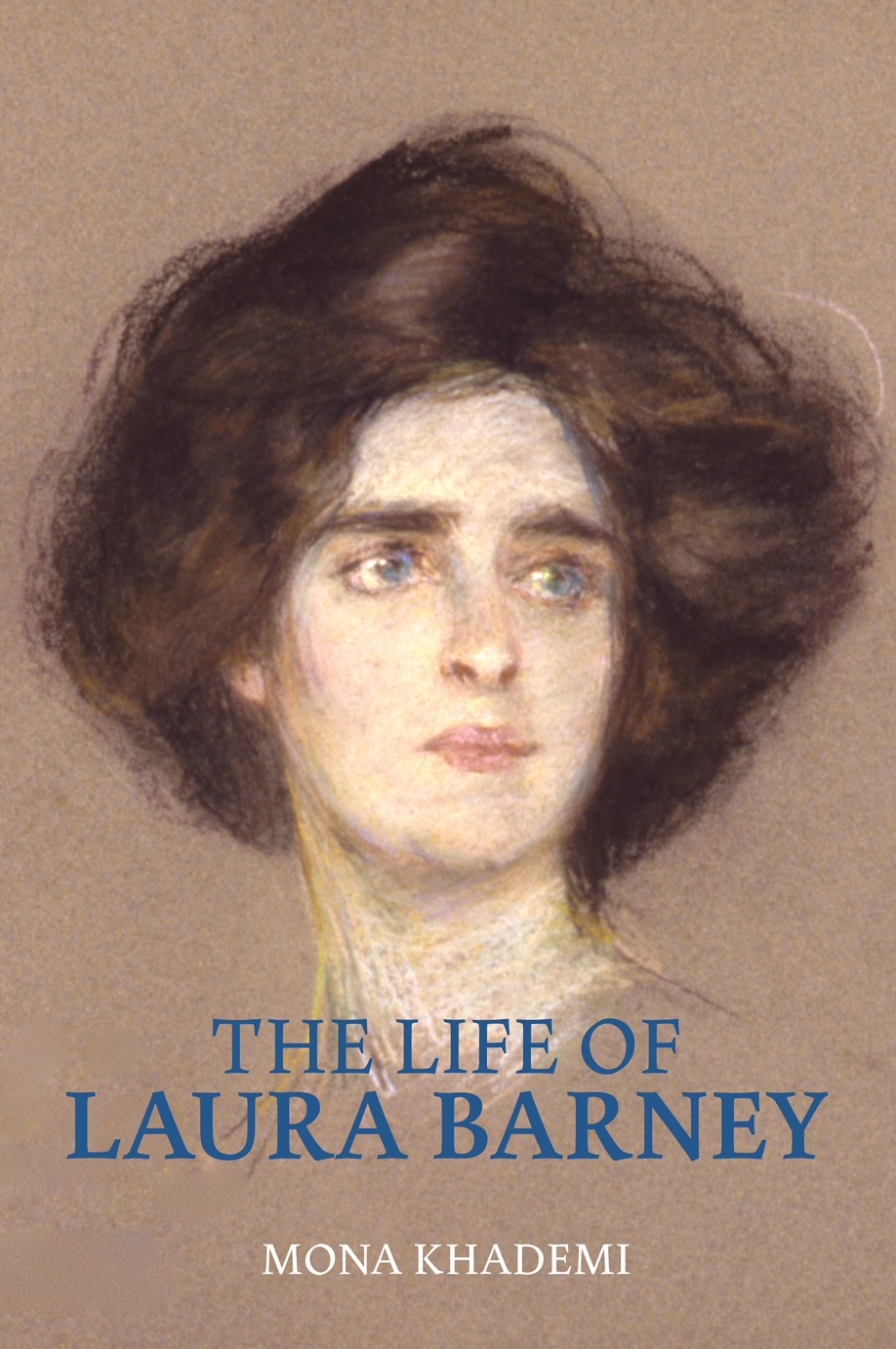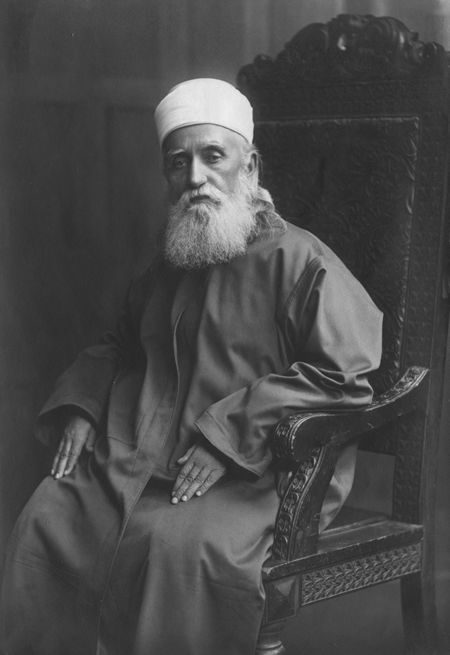
New Corinne True Center to Amplify Voices from Baha’i History

By Layli Miron
Some people think of history as a collection of names and dates with little relevance to their own lives. In contrast, the Corinne True Center for Baha’i History promotes the study of religious history and scripture as a lively method for understanding spiritual teachings that can transform society.
Founded in January 2024 by the National Spiritual Assembly of the Baha’is of the United States, the Center takes its name from Corinne Knight True (1861–1961).
True was one of the early followers of the Faith in the United States and shared the Baha’i teachings of love, hope and forgiveness with enthusiasm. In March 1907, she identified a scenic and peaceful spot near the shores of Lake Michigan that became the site of the first Baha’i House of Worship in the Western Hemisphere. With the encouragement of ‘Abdu’l-Baha, True dedicated herself to promoting its construction and became known as “The Mother of the Temple.” In 1952, Shoghi Effendi appointed True as a Hand of the Cause of God, a station assigned to those who rendered exceptionally devoted service to the Baha’i Faith.
The Corinne True Center has already organized numerous webinars and two online courses, one about the Arabic language and the other on the life of Jesus. Its Executive Committee has plans to promote research in local and national arenas, complementing the work done by counterparts such as the Wilmette Institute and the Association for Baha’i Studies.
The Center is currently headed by Robert Stockman, author of books including The Bahá’í Faith in America and ‘Abdu’l-Bahá in America. Stockman’s own life experience demonstrates the rousing power of historical study. As a young man, he was on a scientific career path. While living in Rhode Island in the 1980s, he embarked on a study of Baha’i history in that state. His research led him to learn about Thornton Chase, who also studied at Brown University. In 1894, Chase become the first American to accept the Baha’i Faith. Stockman says that investigating the early years of the U.S. Baha’i community ignited a “burning yearning” in Stockman to become a full-time historian.
Stockman explains that recording and analyzing history has always been a priority in the Baha’i community: “Baha’u’llah, ‘Abdu’l-Baha, Shoghi Effendi and the Universal House of Justice all thought history was important and wanted to emphasize where the Faith started, where it has gone, and where it’s going.” Through historical narratives, including The Dawn-Breakers, A Traveler’s Narrative, God Passes By and Century of Light, the Heads of the Faith have inspired Baha’is by bringing the legacy of our spiritual forebears to light.
“The Corinne True Center provides another dimension to the community-building work of the Faith by providing a bigger picture of the history of religion and the understanding of Scripture,” says Stockman. “It’s important to discover Baha’i history for its own sake, as we never know what will prove relevant. When I wrote my book about ‘Abdu’l-Baha, for example, I learned He did a lot with the idea of accompaniment,” a principle that has grown increasingly salient in Baha’i discourse in recent years.
The Center is in its early days, but, as its participants and resources increase, it aspires to offer many new channels to diversify and democratize the study of Baha’i history and sacred texts. To diversify the field, it aims to spotlight African American Baha’i history and amplify the voices of historians from underrepresented backgrounds. To democratize history, the Center is developing multiple pathways to engage with the past, such as online book clubs that connect readers with authors.
_______________
For more information on the Corinne True Center for Bahai History, please visit https://corinnetruecenter.org/




